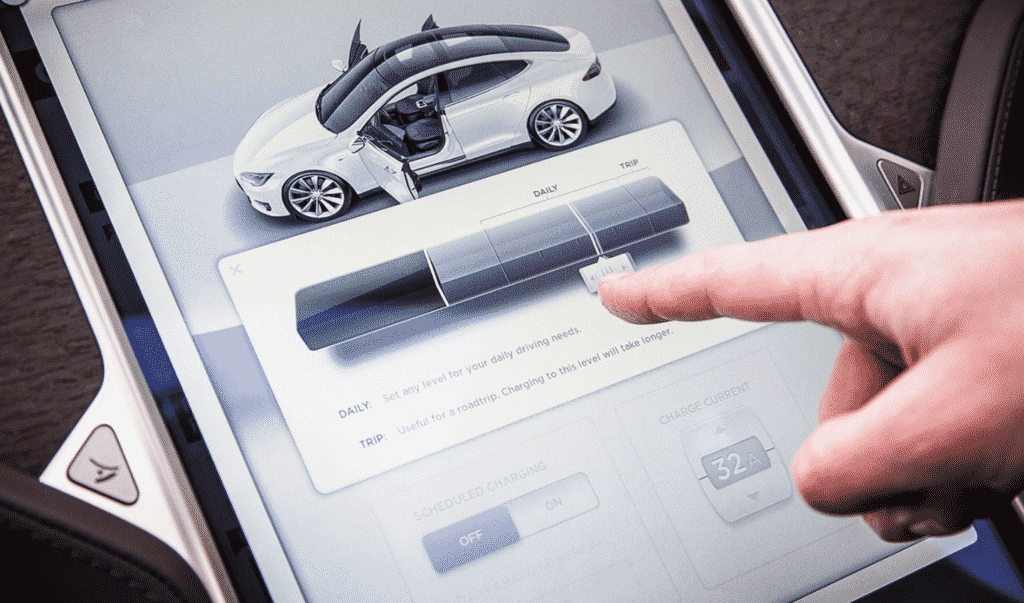. Lithium-ion batteries
Li-ion battery like Samsung 25r is the most frequent type of batteries used in electric vehicles and various portable electronics. They have high energy efficiency with a great high-temperature performance.
This type of rechargeable battery has a higher energy density than typical rechargeable batteries. It makes it easier for battery manufactures to reduce the size of the battery pack and save space in the process. They are also very light and that makes them ideal for cars since they hold a lot of energy in their small size and have high energy concentration. Compared to the alternatives, lithium-ion batteries are a safer choice.
. Electric cars and lithium batteries
Where your smartphone has one lithium-ion battery, an electric car gets all its energy from a pack of li-ion batteries. That pack of batteries consists of thousands of individual lithium-ion cells that are operating together. Just like any other battery, lithium-ion batteries also go through cycles of charging which happens when your car is plugged in and discharging when a battery is depleted which happens when driving. If you were wondering why you can repeatedly recharge li-ion batteries, it’s because of the way electrodes and electrolytes are composed. Although, when repeated this process will overall decrease its strength, meaning it will reduce the range and time needed between each travel to charge.
But, not to worry, according to the latest predictions, one lithium-ion battery for an electric vehicle will last between 10-20 years before you need to get a new one.
. Advantages of having electric vehicles instead of conventional vehicles.
- In conventional vehicles you will burn fuel just by pressing a break, whereas when it comes to electric vehicles, that energy will go back to the battery, ready to be used later. So, as you can see with regenerative braking you will be able to reuse that energy to power your car instead of letting it go to waste.
- Another advantage is a well-known one, which is that by using electric vehicles instead of conventional ones, you will reduce the emissions that contribute to climate change, as well as smog. Just by doing that you will help reduce ecological damage and improve public health.
- Additionally, those that are environmentally conscious should be aware that lithium-ion batteries contain recyclable parts. In return, those recycled part can be used as a valuable secondary source of materials.
- They don’t require maintenance as often as gas vehicles do and the maintenance isn’t as expensive.
- They aren’t as loud as conventional vehicles.
- Gasoline isn’t a renewable resource of energy, whereas electricity can be.
. Advantages of Lithium-ion batteries
- There isn’t an exact limit as to how many times you can charge and discharge them. But, according to the manufacturers they can handle between 300-500 charging cycles.
- They don’t have to be discharged completely just to be charged again since there is no memory effect.
- They can hold their charge for the difference of nickel-based batteries. Where NiMH batteries lose 20 percent of its charge per month, the lithium-ion batteries only lose 5 percent.
- They have the potential for even higher capacities.
. Disadvantages of using Lithium-ion batteries
- When it comes to manufacturing, they have a forty percent higher cost than NiMH
- They aren’t fully developed since the metals and chemicals are constantly changing.
- Without an installed protection circuit lithium-ion battery wouldn’t be able to maintain voltage and current within safe limits.
Lithium-ion batteries require a protection circuit to be able to maintain voltage and current, within safe limits. - Whether you use them or not they’re subject to aging, but you can reduce the aging effect if you keep them in a cool place charged at least forty percent.
